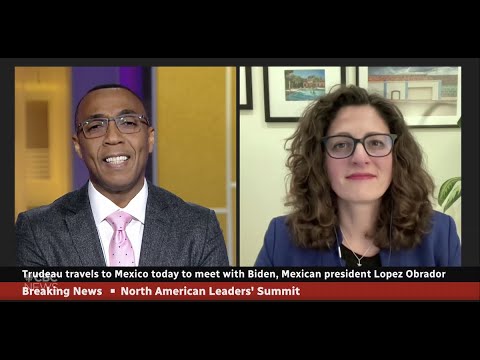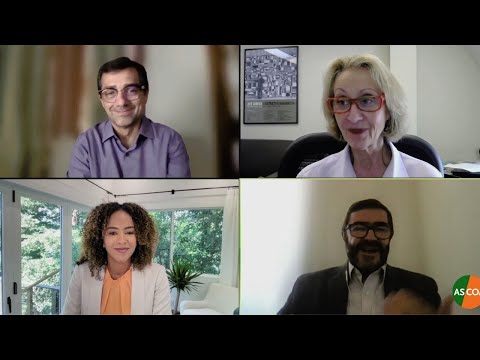324 views Streamed 3 weeks ago
59 views 1 month ago
118 views 4 months ago
444 views 1 year ago
125 views 1 year ago
188 views Streamed 2 years ago
1 views
2 years ago
1 views
3 years ago
50 views Streamed 4 years ago
1.1M views 6 years ago
691 views 8 years ago
628 views 10 years ago
923 views 11 years ago
351 views 11 years ago















